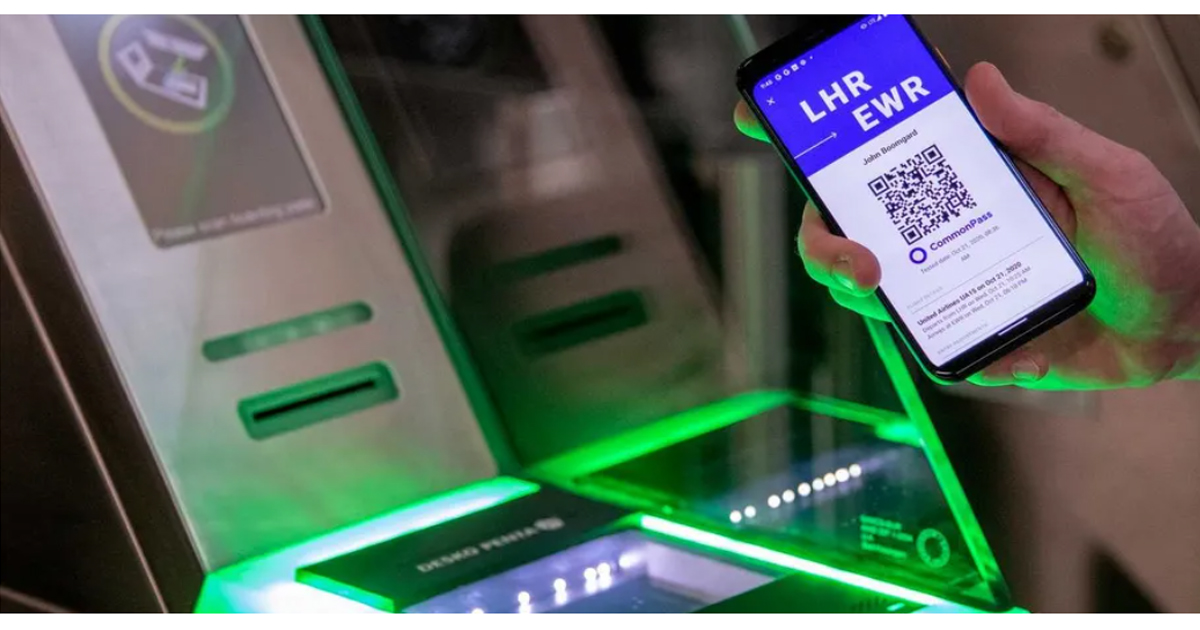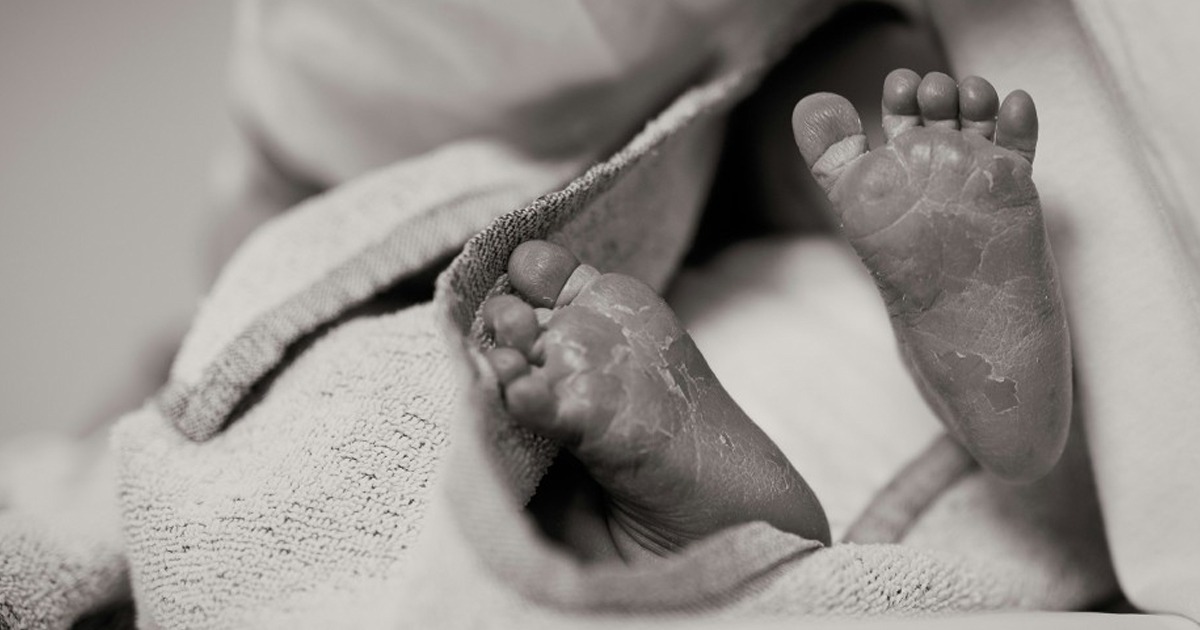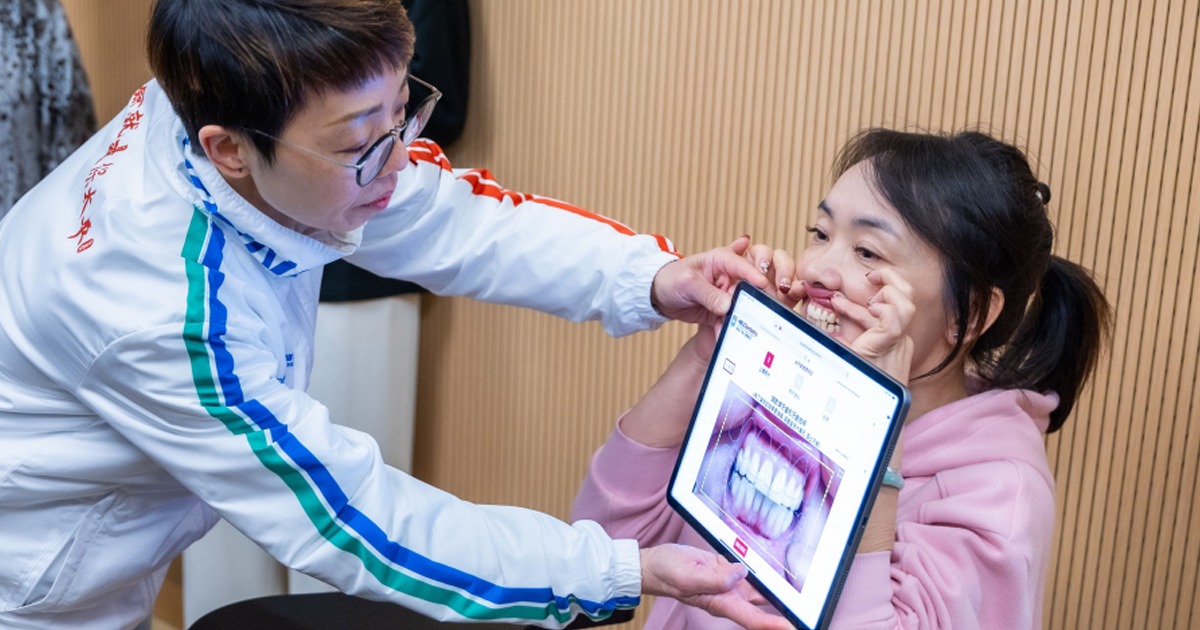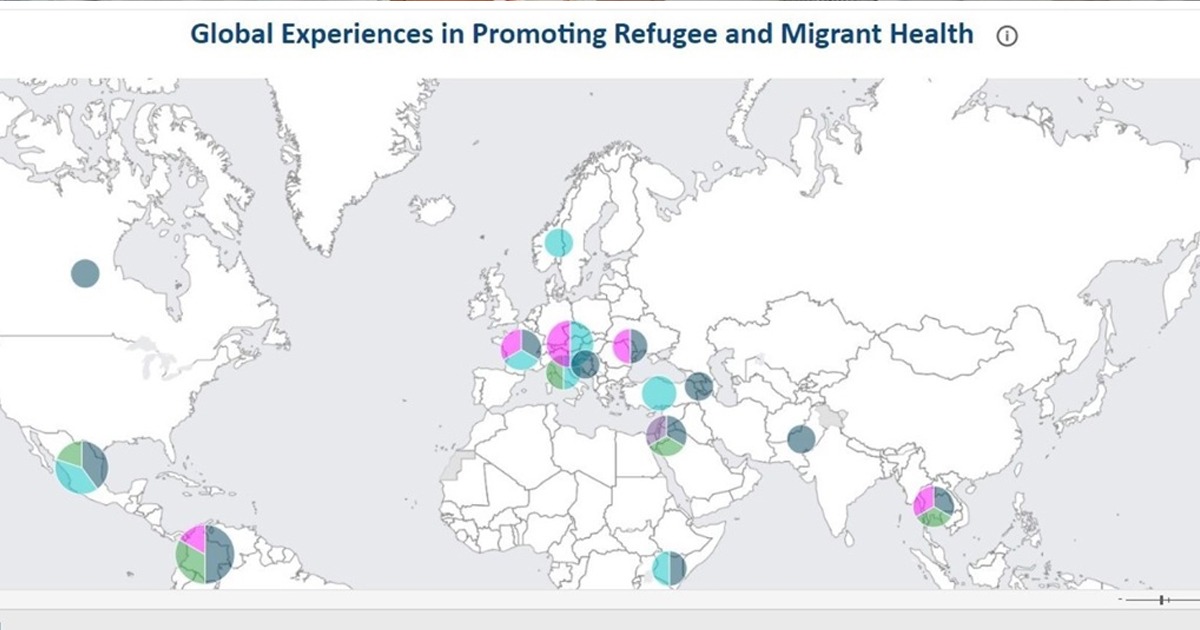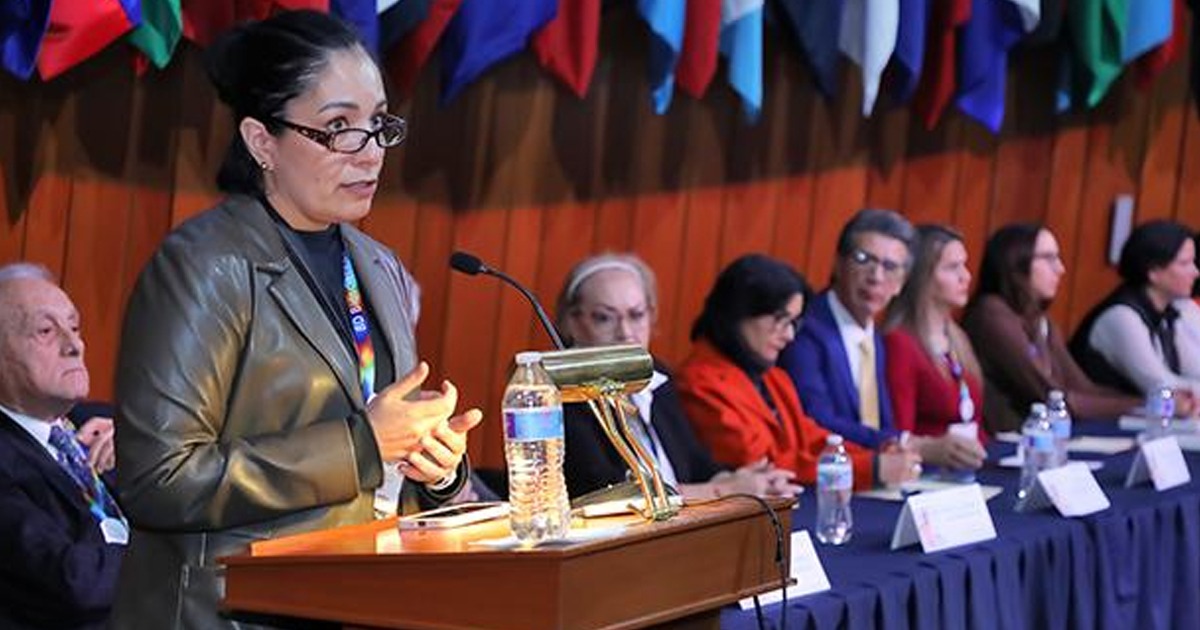The Inter-American Development Bank (IDB) and the Government of Honduras developed a project to bring telemedicine to hospitals and health centers in remote areas of the country.
Last April, IDB Lab announced that it would co-finance a telehealth project in Honduras for the purposes of COVID-19 and improving access to health services. The IDB designated the Strategic Agency for the Execution of Productive, Environmental and Social Projects (AEPAS-H) as one of those responsible for the project, which had an investment of US$2.3 million and will benefit more than 100,000 Honduran men and women.
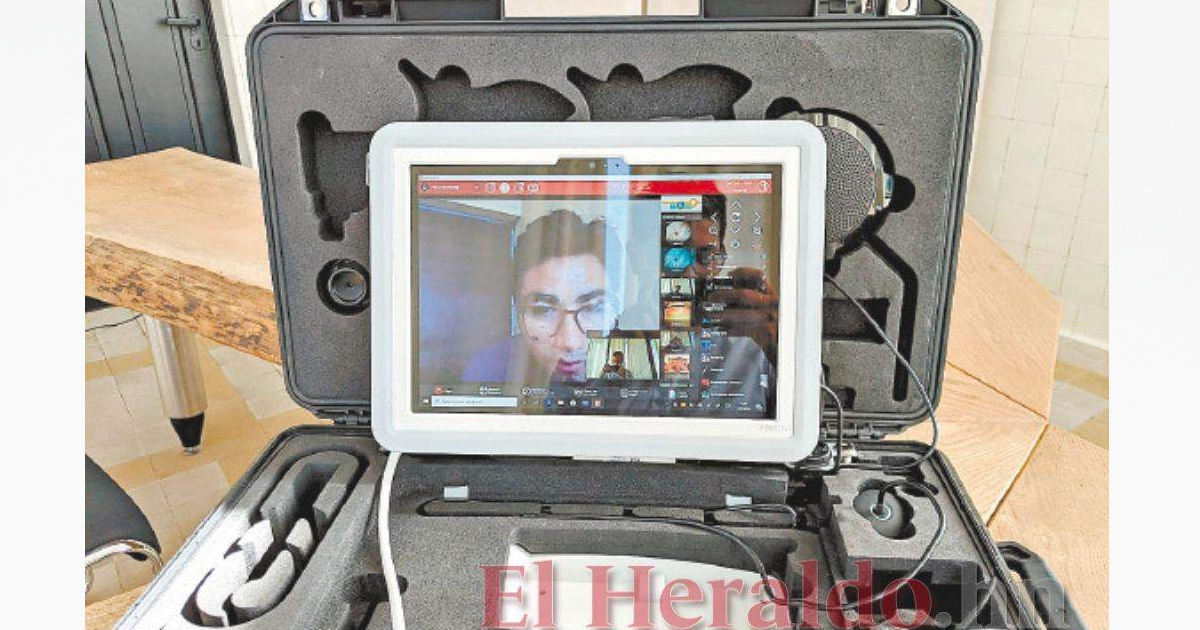
"The project includes the introduction of five innovative technological solutions, the first of which is the immediate adoption of a telehealth solution that will serve as a pilot to be incorporated into the emergency health system. The other solutions will facilitate the treatment of maternal and child health and chronic diseases in populations located in remote communities," explained the IDB in last year's press release.
Through this project, 15 mobile telehealth kits were delivered. The equipment allows remote monitoring of 30 pathologies, as well as ultrasounds, electrocardiograms, lung gas measurements and identification of skin diseases.
The communities and municipalities benefited are: San Lorenzo, Nacaome, Marcovia, San Marcos de Colón, Empala, Namasigüe, Perspire, San Antonio de Flores, Guascorán, Langue, Guajiro, Cholulteca and Anguanqueterique.
Patricia Méndez, coordinator of the DEIT-Sur (Territorial Inclusive Economic Development) program, explained that this device can be transported to the communities to connect patients with the nearest health centers. "This becomes a contribution for people in the most vulnerable areas to have access to health services."
So far, a total of 70 doctors have been trained and more are expected. The mobile health team can assist up to 20 patients per day.
